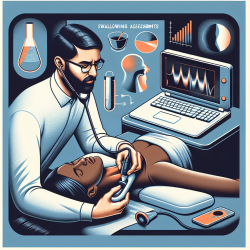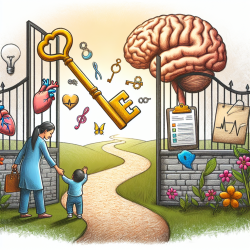The Evolution of Internet Interventions
Internet interventions have been around for about 20 years, initially emerging as a form of guided self-help supported by clinicians. Early versions were text-based, resembling bibliotherapy, but advancements in technology have since enabled the inclusion of multimedia and interactive elements. The introduction of smartphones has further expanded the reach and accessibility of these interventions.
Effectiveness of ICBT
The research highlights that ICBT has been effective for a range of conditions, including depression, anxiety disorders, and somatic conditions like chronic pain and tinnitus. Numerous controlled trials have demonstrated that ICBT can be as effective as face-to-face therapy, with the added benefits of accessibility and cost-effectiveness.
- Short-term effects: Over 200 controlled trials have shown promising results for various disorders.
- Long-term effects: Studies indicate sustained benefits, with some showing positive outcomes even three years post-treatment.
- Comparative effectiveness: Meta-analyses suggest that ICBT is as effective as traditional face-to-face CBT.
Real-World Applications
One of the most compelling aspects of ICBT is its applicability in real-world settings. Effectiveness studies have shown that ICBT can be successfully implemented in regular clinical practice, maintaining moderate to large effect sizes. This makes it a viable option for addressing the treatment gap in mental health services.
Future Directions
The future of Internet interventions is promising, with ongoing research exploring new therapeutic approaches, including psychodynamic and acceptance and commitment therapies delivered online. Machine learning and sensor data are also being integrated to personalize and enhance treatment outcomes.
For practitioners, staying updated with these advancements is crucial. Engaging in continuous learning through conferences, publications, and webinars can provide valuable insights and skills. Additionally, collaboration with researchers and participation in pilot studies can offer practical experience and contribute to the evolving field of Internet interventions.
To read the original research paper, please follow this link: Internet interventions: Past, present and future?










